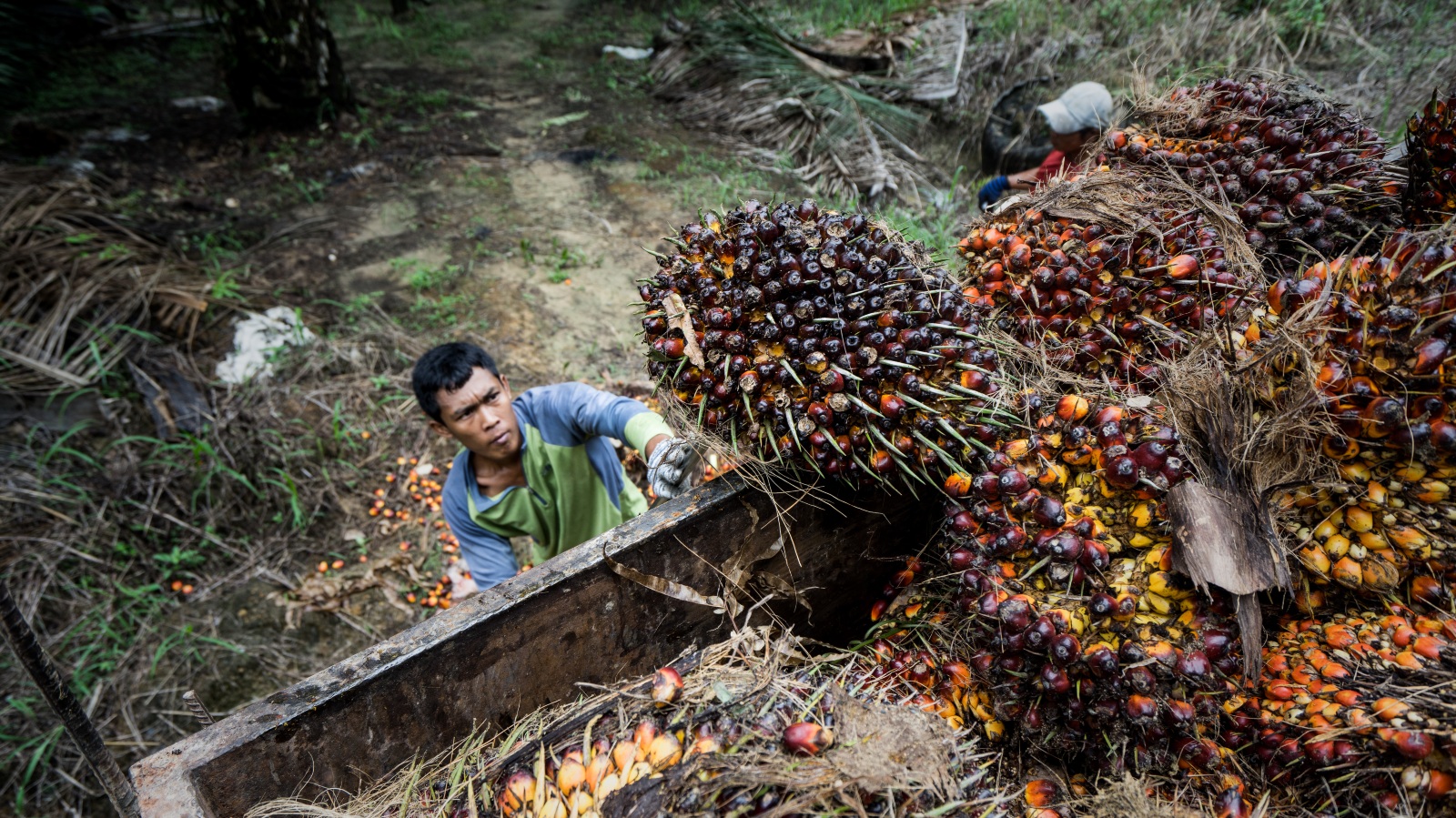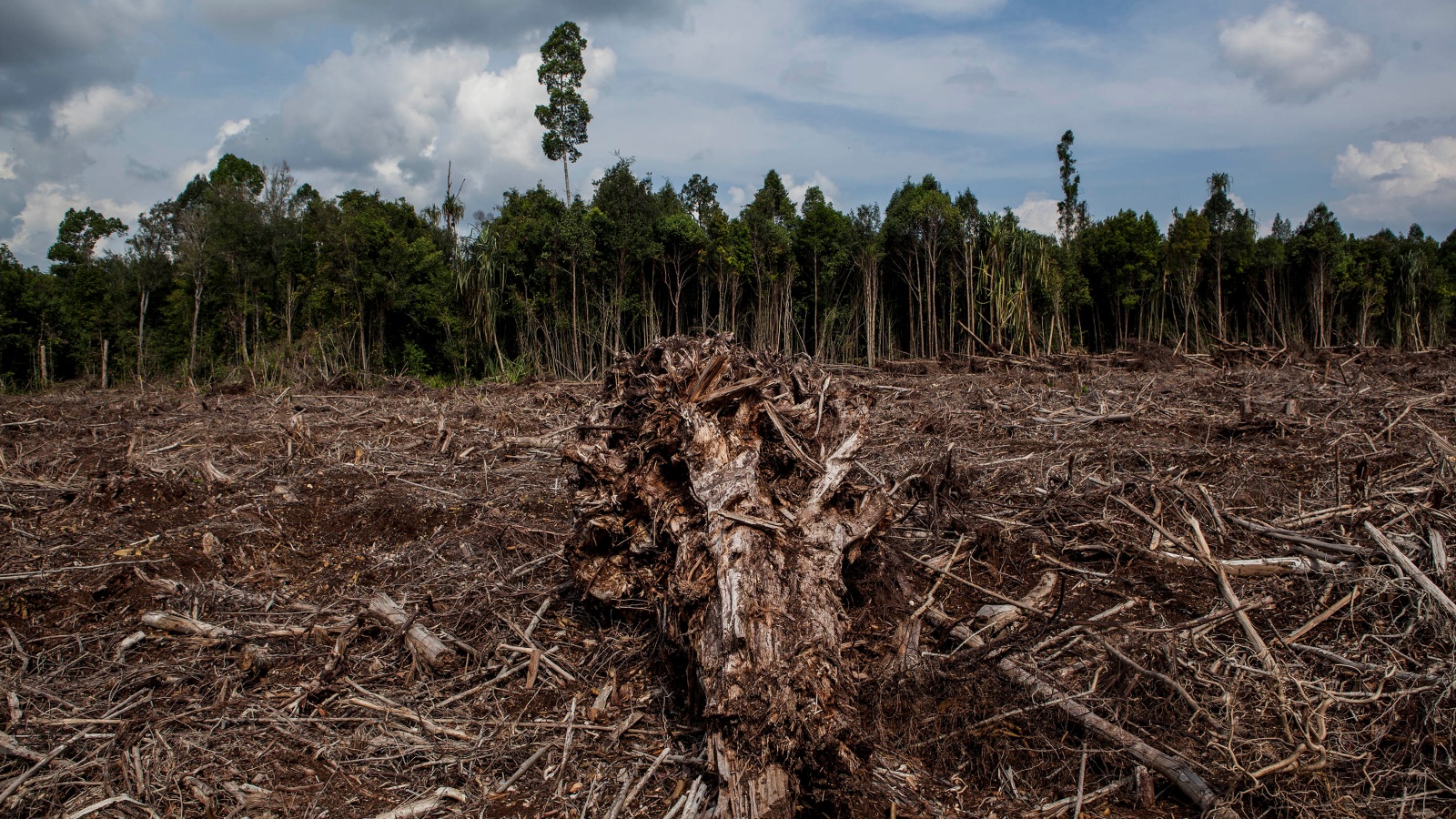The European Union has agreed to ban the import of products linked to deforestation in an effort to protect biodiversity and curb greenhouse gas emissions. Items that will be strictly regulated include palm oil, coffee, lumber, cattle, cocoa, rubber, and soy, as well as products derived from these goods, including chocolate, furniture, and beef.
“It’s the coffee we have for breakfast, the chocolate we eat, the coal in our barbecues, the paper in our books,” Pascal Canfin, the chairman of the European Parliament’s environment committee, told the BBC. “This is radical.”
The provisional agreement reached by the European Parliament and European Council on Tuesday will require companies to do strict checks on their supply chains, tracking the origins of products and avoiding items sourced from farmland deforested since 2020, whether that land was cleared legally or illegally. Companies will also need to ensure that any products imported did not hurt or violate local communities or rights (though Indigenous groups argue the reliance on national human rights guidelines rather than international law is problematic). Businesses that fail to comply with the new standards face fines up to 4 percent of their annual European revenue.
The World Wildlife Fund, or WWF, called the announcement “groundbreaking” and “historic.” Greenpeace said it was a “major breakthrough.”
“This regulation is the first in the world to tackle global deforestation and will significantly reduce the EU’s footprint on nature,” the WWF said in a statement.
Scientists, lawmakers, and environmentalists have been pushing for stricter import regulations for years in an effort to curb deforestation, particularly in tropical rainforests like the Amazon, which serve as biodiversity hotspots and critical carbon sinks. The European Commission first proposed the import ban last year.

The announcement comes on the eve of the Conference on Biodiversity, or COP15, in Canada, where countries will gather to track progress on conservation and climate goals and set new priorities for environmental protection.
“I hope that this innovative regulation will give impetus to the protection of forests around the globe, and that it will inspire other countries at the COP15,” European Parliament’s lead negotiator, Christophe Hansen, told Reuters.
The Food and Agriculture Organization of the United Nations estimates that between 1990 and 2020, deforestation led to the loss of over 1 billion acres of forest — an area larger than the European Union itself. As trees grow, they absorb carbon dioxide from the atmosphere and convert it into carbon stored in its branches, leaves, trunks, roots, and surrounding soil. As forests are cleared and burnt, their stored carbon is released back into the atmosphere as carbon dioxide. It is estimated that over 1.5 billion tons of carbon dioxide are released annually due to deforestation — accounting for 10 percent of global greenhouse gas emissions.
The new rule will separate exporting countries into high- and low-risk categories, based on their environmental enforcement, forest loss trends, and agricultural expansion. Countries in the high-risk category will be subject to 9 percent of their goods being randomly checked, Agence France-Presse reported.
Once the law is formally accepted, likely next year, larger operators and traders will have 18 months to comply with the new rules, whereas smaller businesses will have 24 months. European policymakers and experts said they did not expect the regulation to impact the prices of consumer goods.



